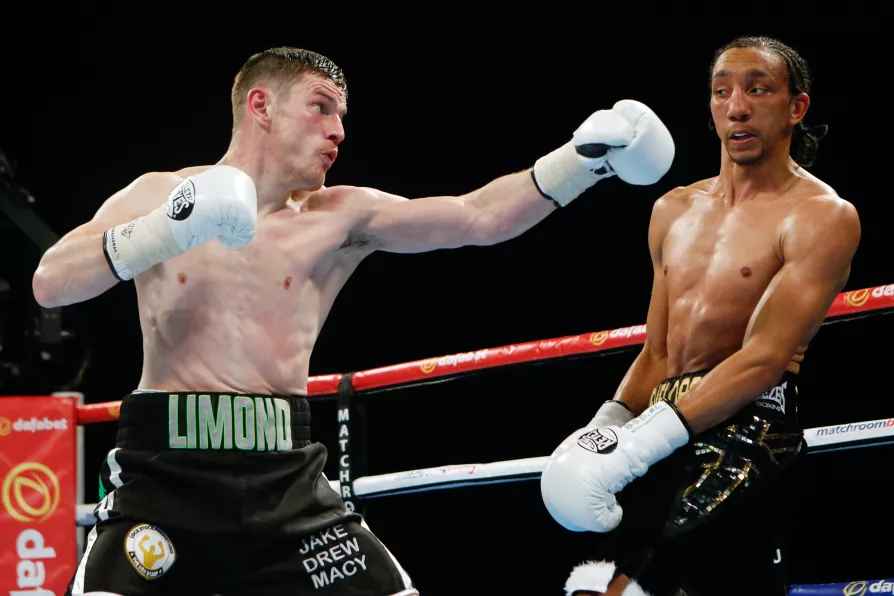
 Tyrone Nurse (right) and Willie Limond during the British Super-Lightweight Championship bout at the SSE Hydro, Glasgow, May 28, 2016
Tyrone Nurse (right) and Willie Limond during the British Super-Lightweight Championship bout at the SSE Hydro, Glasgow, May 28, 2016
THE recent tragic and untimely death of Willie Limond at 45 has sent veritable shockwaves throughout the entire British boxing community — and no wonder. For within this proud and redoubtable son of Glasgow beat the heart of a giant and existed the spirit of a rebel.
Limond was a ubiquitous part of Scotland and Britain’s sporting furniture throughout the noughties, during which he participated in some classic encounters against the likes of his close friend and fellow Scot, Alex Arthur, and against Amir Khan, whom he famously put down on the canvas in a pulsating fight at London’s Millennium Dome on an unforgettable night in July 2007 for the lightweight Commonwealth title.
Not satisfied with that, in 2010 Limond flew out to Mexico City to face a bona fide ring legend in the shape of Erik Morales. Nobody gave him a prayer in the lead-up to this fight, but then Willie Limond never needed a prayer, as here was a fighter whose belief in himself was always more than enough to see him through the toughest of challenges.

JOHN WIGHT previews the much-anticipated bout between Benn and Eubank Jnr where — unlike the fights between their fathers — spectacle has reigned over substance












